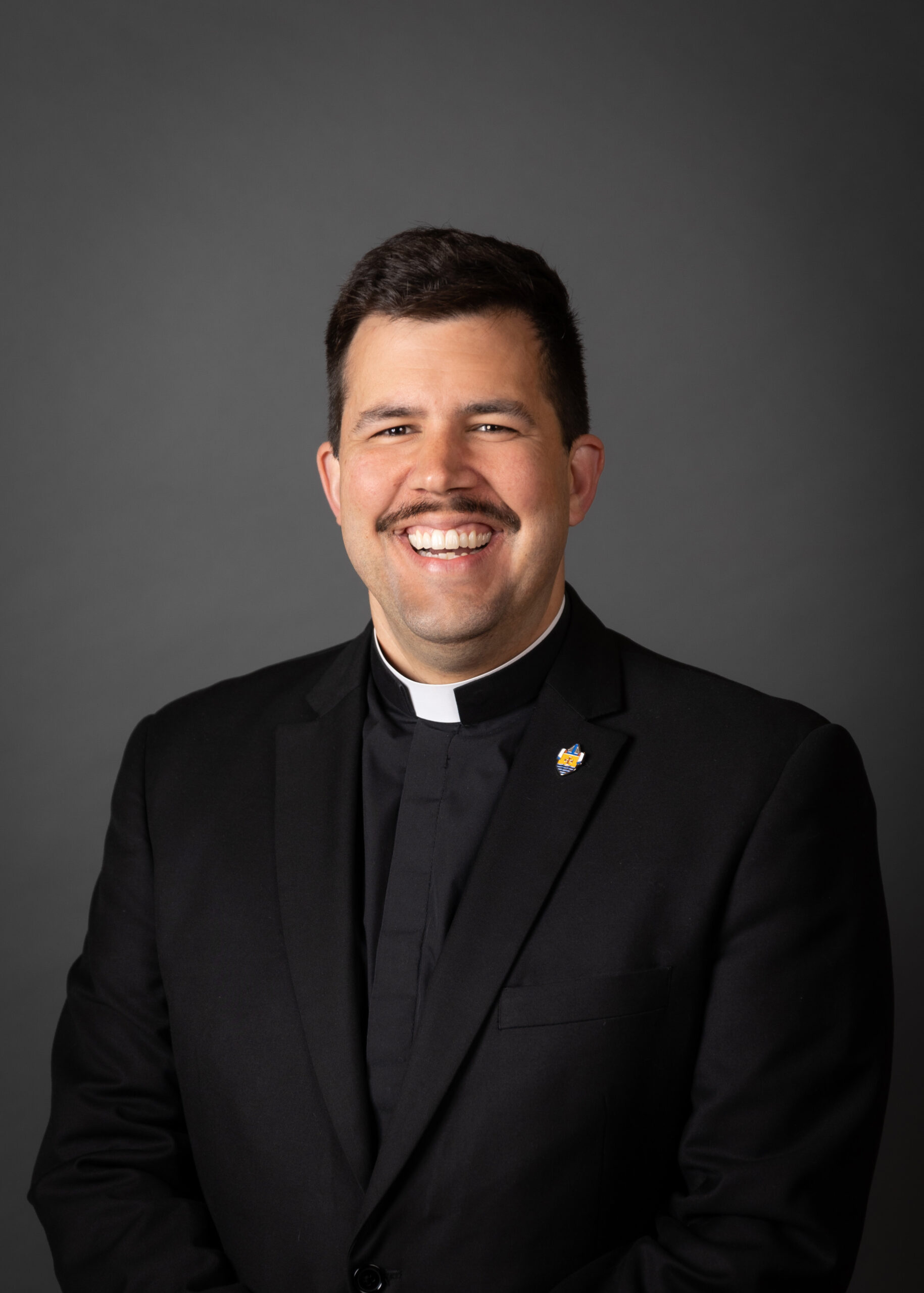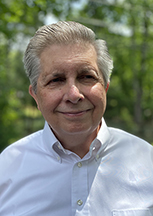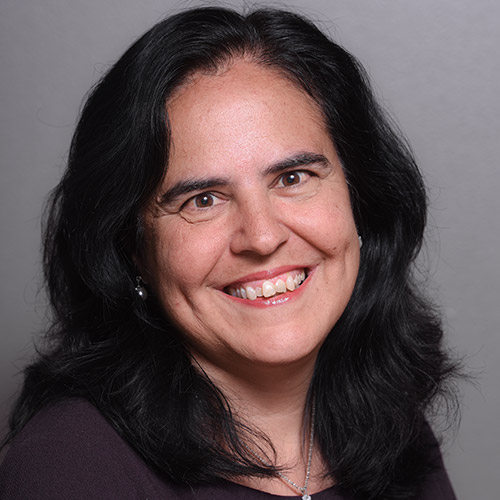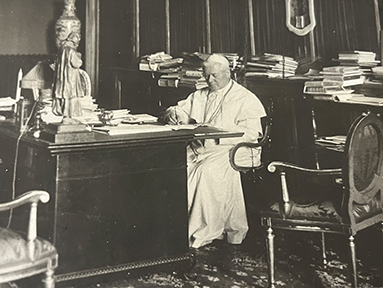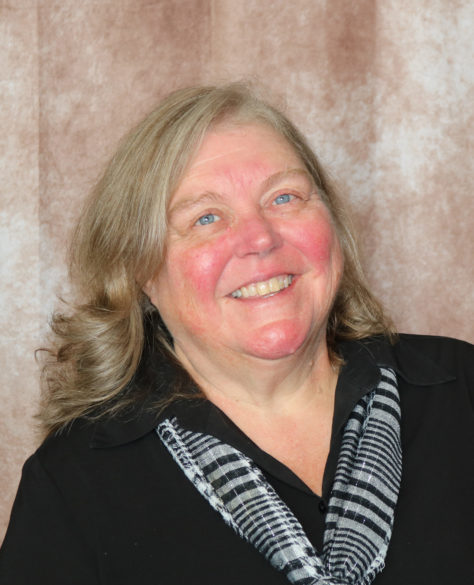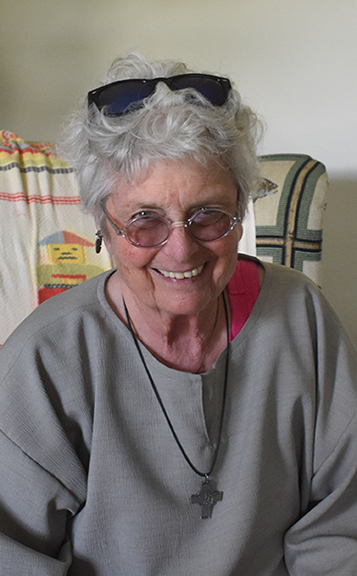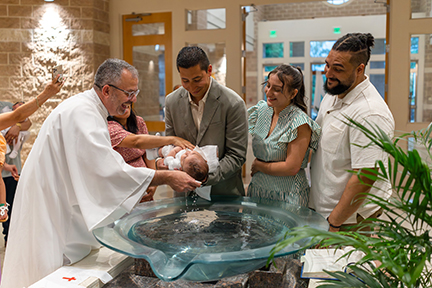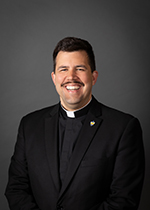Things Old And New
By Ruth Powers
After Mass a little while ago, my young granddaughter asked me a question that made me stop and think. She asked, “Gran, why do we thank God that Mass is over at the end? Shouldn’t we be happy that we were here with Jesus?”
I realized I didn’t have a really good answer for her, but her question made me think and sent me into research mode.
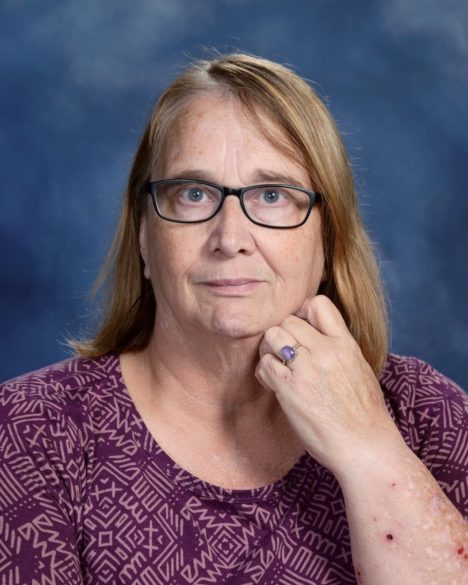
I learned that the dismissal formula used in the current English translations of the Mass is based on formulations from various Eastern rites of the church, but you have to admit that the response “Thanks be to God” after the announcement “The Mass is ended, go in peace” can sound a little jarring.
It is one of the less felicitous translations of the Mass into English and can make it seem as if we’re saying, “Thank God that’s over.”
The direct translation from the Latin dismissal, Ite, missa est, isn’t any better: “Go, it is the dismissal.”
The Latin phrase makes more sense when one investigates its history. The phrase predates Christianity and apparently was used in the Roman military. Ite, missa est was the command spoken by an officer as he sent a soldier or soldiers off on a mission. It had the meaning, “Go, you are sent.” It was an order, not a request, with the subtext that whatever task had been given, speedy and appropriate completion was expected.
Later, the phrase became a common way to dismiss the people after a public assembly of any kind.
Recognizing the origins of the original words of dismissal for Mass presents much food for thought. We are being dismissed, but not to brunch, or to watch the game on television, or to take a Sunday afternoon nap, or to do so many of the other things that we do after Mass.
It is not a dismissal to go about our lives as usual until the next time we meet for Eucharist. Instead, the dismissal at the end of Mass is a clarion call to us. We have been given our marching orders and are being sent out.
What are we being sent out to do? We can take our orders from Jesus in many places in the Gospels.
In Luke 10:1-24, Jesus sends out the 72 disciples with the mission to proclaim the kingdom of God throughout the region in preparation for his own visit. They shared Jesus’ message and were given the power to heal the sick and cast out demons.
We can also share the Gospel every day through word and action; and although we may not be able to literally heal or exorcise, we can make sure that we are not contributing to the spiritual woes of the world by acting with kindness and casting out Satan’s demons of divisiveness and prejudice in our interactions with others.
We can take Jesus’ commands in Matthew 25:31-46 seriously, when he tells us that in order to inherit eternal life and not be cast into hell, we must feed the hungry, give drink to the thirsty, welcome the stranger, clothe the naked, take care of the sick and visit the imprisoned.
Finally, we can remember the Great Commission at the end of the Gospel of Matthew: “Therefore go and make disciples of all nations, baptizing them in the name of the Father and of the Son and of the Holy Spirit, and teaching them to obey everything I have commanded you.” We follow it by leading others to Christ by our good example.
If we understand the dismissal at the end of Mass as a sending out to follow the commands of Jesus, the response “Thanks be to God” now becomes the only appropriate response.
We have heard the Word of God, we have been strengthened for the task by the Eucharist, and we have been sent out to fulfill the mission by our Lord.
Thanks be to God.
(Ruth Powers is the program coordinator for the Basilica of St. Mary in Natchez.)

